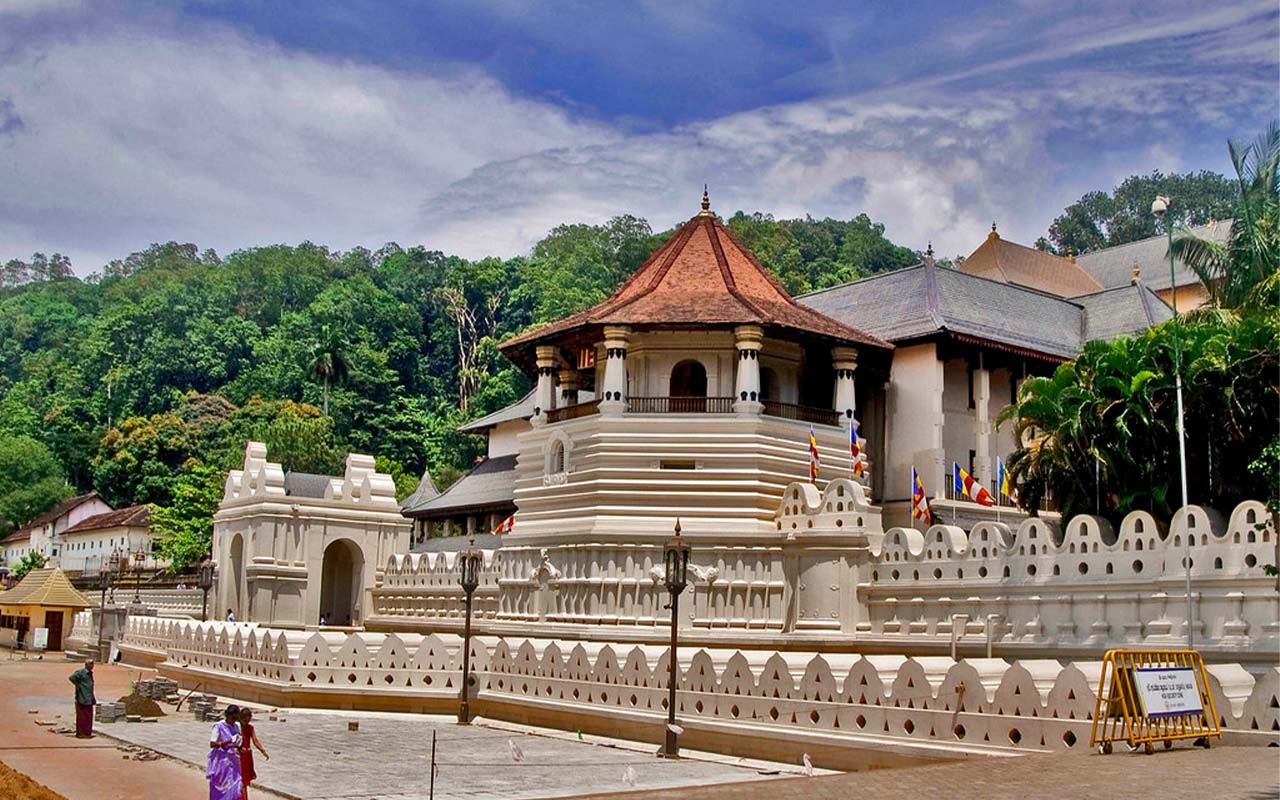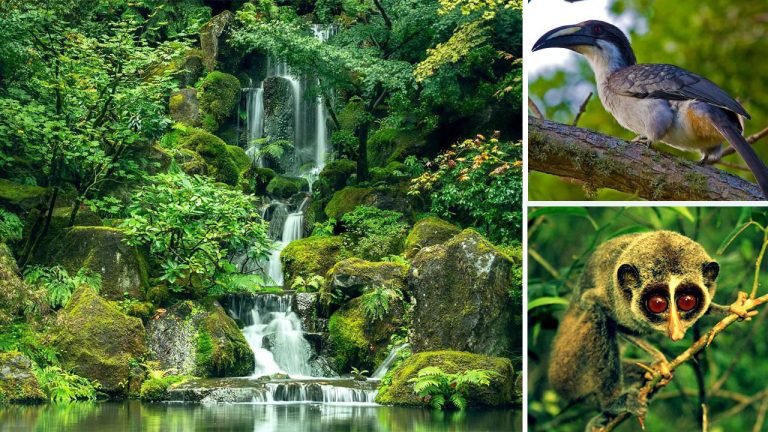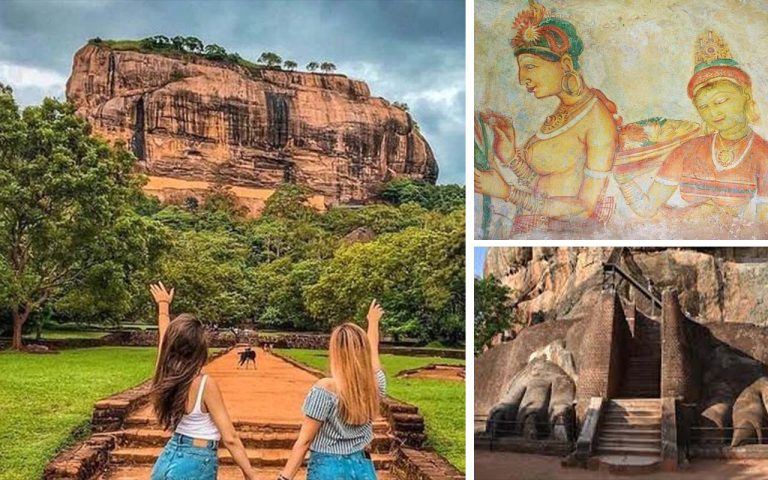Exploring the Rich Heritage of Dalada Maligawa in Sri Lanka | The Way Through
Dalada Maligawa, also known as the Temple of the Tooth, is a sacred and historic Buddhist temple located in Kandy, Sri Lanka. This iconic religious site holds immense significance in the hearts of Buddhists around the world and is renowned for housing a relic believed to be the tooth of Lord Buddha. In this article, we will take a comprehensive journey through the Dalada Maligawa, delving into its history, architecture, cultural importance, and the spiritual aura that surrounds it.
A Glimpse into the History
The Origins
Dalada Maligawa‘s history dates back to the 16th century when it was built by King Vira Narendra Sinha. The temple was constructed to enshrine the sacred tooth relic, which had been brought to Sri Lanka to protect it from conflicts in India.
Cultural Significance
The Dalada Maligawa has been at the centre of Sri Lankan Buddhism for centuries. It served as a symbol of protection and sovereignty for the Sinhalese kings who ruled the island nation.
Architectural Marvel
Traditional Kandyan Architecture
The temple’s architecture is a testament to the exquisite craftsmanship of the Kandyan era. It features intricate wood carvings, gilded roofs, and elegant frescoes that depict Buddhist tales.
The Inner Chamber
Within the temple, the inner chamber where the tooth relic is kept is a sanctified space adorned with precious gems and gold. Visitors are often captivated by the serene atmosphere that surrounds this sacred artefact.
Spiritual Significance
Pilgrimage Destination
Dalada Maligawa is a pilgrimage destination for Buddhists from all over the world. Devotees visit the temple to pay their respects to the tooth relic, seeking blessings and spiritual solace.
Festivals and Rituals
The temple hosts various festivals and rituals throughout the year, with the Esala Perahera being the most renowned. This grand procession features beautifully adorned elephants, traditional dancers, and musicians, making it a visual spectacle.
Preservation and Conservation
UNESCO World Heritage Site
In 1988, Dalada Maligawa was recognized as a UNESCO World Heritage Site, further solidifying its cultural and historical importance. This designation has also aided in the conservation efforts to protect the temple’s legacy.
Ongoing Conservation
The temple authorities, along with government support, actively engage in the preservation of the temple’s architectural features and cultural artefacts. Continuous efforts ensure that future generations can experience the splendour of Dalada Maligawa.
Visitor Experience
Guided Tours
Visitors can partake in guided tours that provide insights into the temple’s history, rituals, and the significance of the tooth relic. Knowledgeable guides enrich the experience by sharing captivating stories.
Ethereal Vibes
Many visitors describe feeling a sense of tranquillity and spirituality when they step into Dalada Maligawa. The temple’s serene ambience leaves a lasting impression on all who visit.
1. What is the significance of the tooth relic at Dalada Maligawa?
The tooth relic is believed to be a sacred relic of Lord Buddha, and its presence in the temple is considered a great blessing.
2. How can I attend the Esala Perahera festival at Dalada Maligawa?
The festival usually takes place in August, and visitors are welcome to witness this grand procession. It’s advisable to plan your visit well in advance.
3. Is photography allowed inside the temple?
No, photography is generally not permitted inside the temple to maintain its sanctity and protect its artefacts.
4. Are there any dress code requirements for visitors?
Yes, visitors are expected to dress modestly when entering the temple. Avoid wearing revealing clothing, and it’s customary to remove your shoes before entering.
5. What are the visiting hours for Dalada Maligawa?
The temple is typically open to visitors from early morning until late evening. It’s a good idea to check the specific hours before planning your visit.
The Way Through
Step into the heart of Sri Lanka’s rich history and vibrant heritage with our Culture & Heritage Tours. – Click Here




